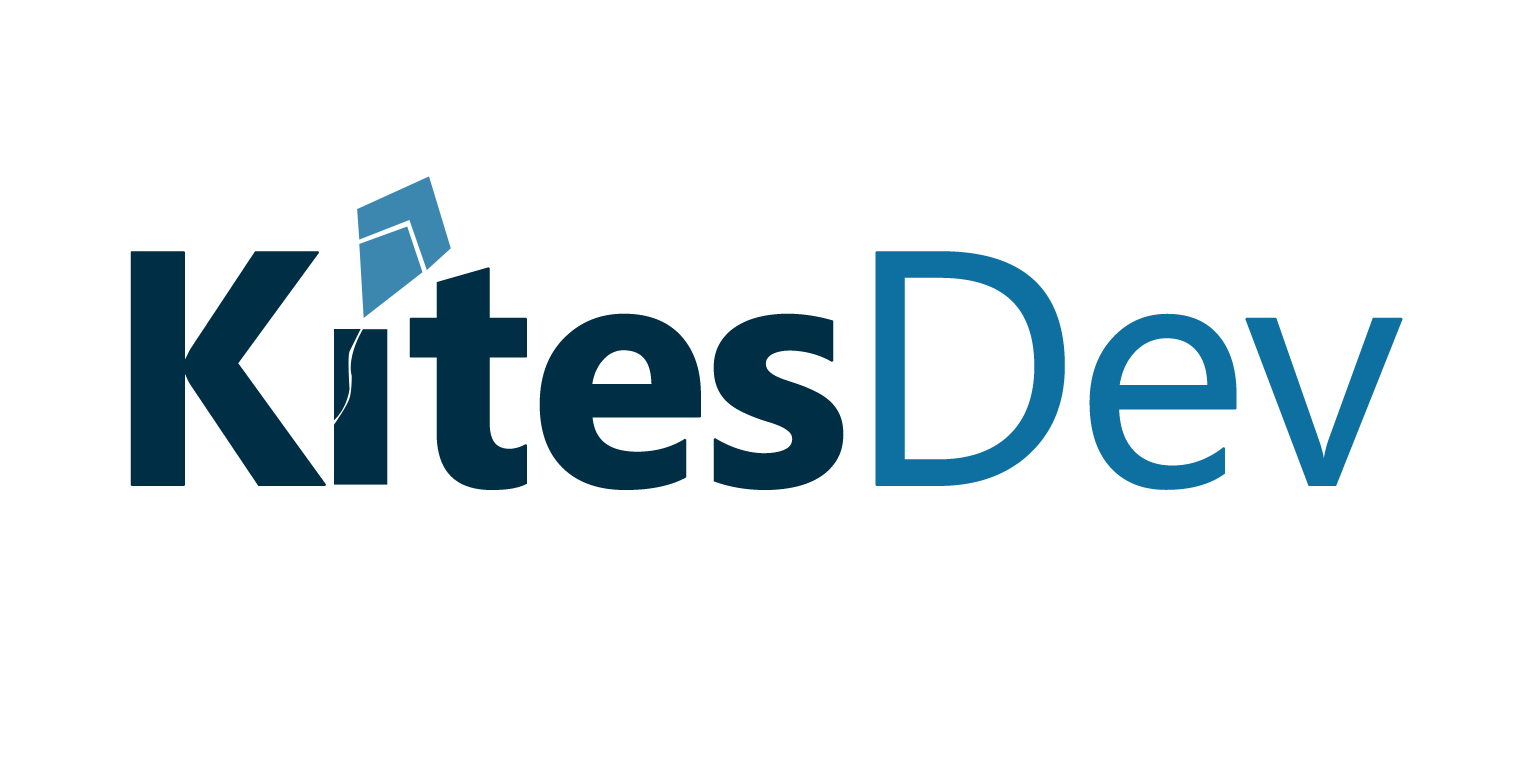How the Latest Breakthroughs in Nanotechnology Could Revolutionize Medicine
Nanotechnology has seen a recent surge in research and development, and the implications of this technology could revolutionize the way we practice medicine. Nanotechnology is the manipulation of matter on an atomic and molecular scale, and it allows us to create ultra-tiny devices and machines that can be used in a variety of ways. While the technology is still in its early stages, the potential applications of nanotechnology are vast. Here are just a few ways that nanotechnology may revolutionize medicine in the near future.
Better Diagnosis and Treatment
Nanotechnology can be used to create tiny devices that can be inserted into the body to diagnose and monitor diseases. These devices can detect subtle changes in the body's chemistry and biology, allowing for earlier and more accurate diagnosis of diseases. In addition, nanotechnology can be used to create targeted treatments that can be tailored to a specific patient's needs, potentially leading to more effective treatments.
Personalized Medicine
Nanotechnology can also be used to create personalized treatments that are tailored to a specific patient's needs. This could allow doctors to provide treatments that are more effective and more targeted to an individual's unique genetic code, lifestyle, and health situation. In addition, personalized treatments can also reduce the risk of adverse reactions and side effects.
Better Delivery Systems
Nanotechnology can also be used to create more efficient and effective delivery systems for drugs and other treatments. These delivery systems can be designed to target specific areas of the body, allowing for more precise and accurate delivery of treatments. This could lead to more effective treatments with fewer side effects.
Conclusion
Nanotechnology is an exciting and promising field of research and development that could revolutionize the way we practice medicine. From better diagnosis and treatment to more personalized medicine and more efficient delivery systems, nanotechnology has the potential to drastically improve the way we treat and manage disease. With continued research and development, nanotechnology could become an integral part of medicine in the near future.




